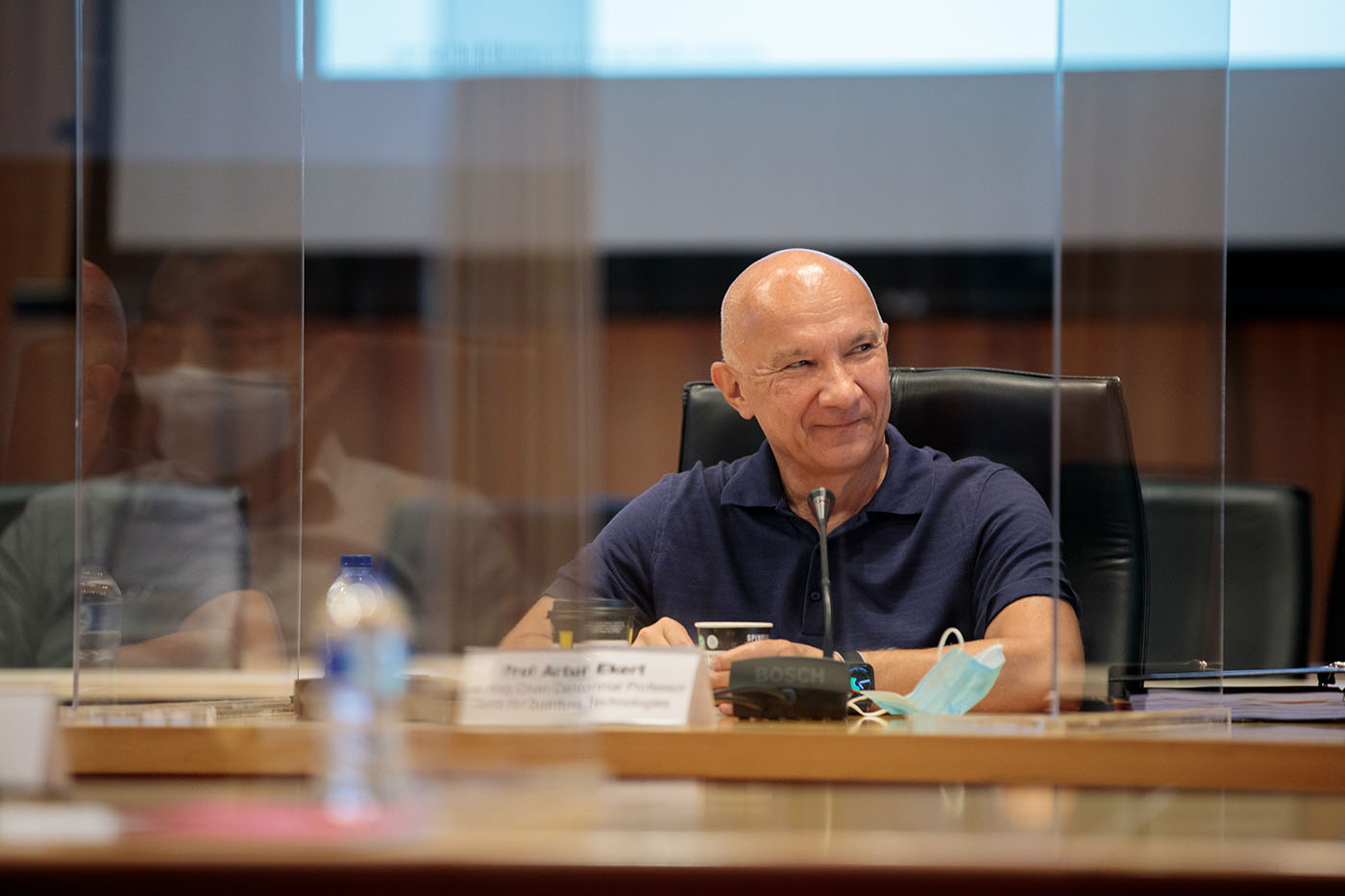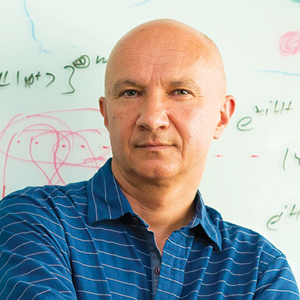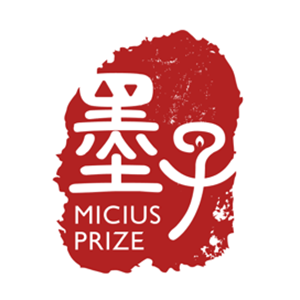Highlights
CQT’s Founding Director receives Royal Society award
 CQT’s Founding Director Artur Ekert pictured in 2020.
CQT’s Founding Director Artur Ekert pictured in 2020.
The UK’s Royal Society has announced CQT’s Artur Ekert as the winner of the Milner Award and Lecture 2024.
Artur is recognised “for his pioneering contributions to quantum communication and computation, which transformed the field of quantum information science from a niche academic activity into a vibrant interdisciplinary field of industrial relevance”.
Artur, now a CQT Distinguished Fellow, was Director of CQT from its inception in 2007 until 2020. He is also a Professor of Quantum Physics at the Mathematical Institute of the University of Oxford and a Distinguished Professor at the National University of Singapore’s Department of Physics. He was elected a Fellow of the Royal Society in 2016.
Artur’s research interests lie in the ways quantum theory secures information, starting from his discovery in the early ’90s of the power of quantum entanglement to secure the exchange of cryptographic keys.
Since this breakthrough, he has made many other significant contributions to quantum communication and computation. These include pioneering research on the universality of quantum logic gates and elucidation of the unifying structure of quantum algorithms.
Artur has previously received awards that recognise accomplishments in physics – including the 1995 Maxwell Medal and Prize by the Institute of Physics, the 2007 Royal Society Hughes Medal and the 2019 Micius Quantum Prize.
This latest accolade recognises achievements in computer science. The Royal Society notes the award goes “to recognise an outstanding European computer scientist, someone who has made a substantial contribution and who is likely to go on to further top-level achievement”.
In an interview at the Mathematical Institute, Artur anticipated one possible area of future study. What if, he asks, “some unexpected, fundamental limitation thwarts attempts to build a scalable quantum computer?”
His answer: “I would be absolutely thrilled to see that unfold! Such a development is, by all means, the most exciting prospect. It would not only instigate a revision of our fundamental understanding of the laws of physics but might also reveal new, potentially even more captivating types of computation. Because if something puts a halt to quantum mechanics, we should anticipate an intriguing new 'whatever-halts-quantum-mechanics' theory, followed by equally exciting 'whatever-halts-quantum-computers' computers.”
The Prize Lecture, where Artur will be given the award, will be organised for late 2024.
Learn more
Related Stories
 | CQT's Director elected Fellow of the Royal Society April 29 2016 |
 | Artur Ekert wins Micius Quantum Prize 2019 April 29 2019 |
Artur Ekert named among ‘Citation Laureates 2019’ September 25 2019 |






